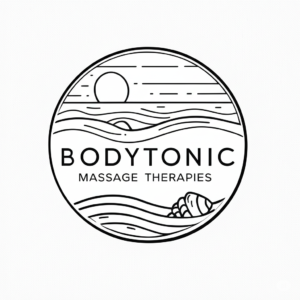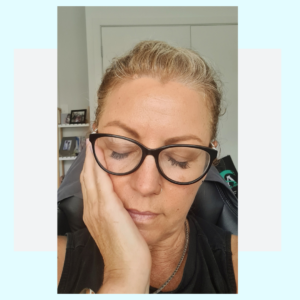Have you ever been rubbing your face along your jawline, particularly where your jaw hinges below your ear lobe, and thought why is that so painful? Are you suffering from regular headaches, neck pain, and or shoulder pain?
You may have some trigger points and dysfunction around the TMJ area. The temporomandibular joint (TMJ) is the joint that connects the jaw to the skull. There is a TMJ on each side of the face, in front of each ear. These joints allow the movements needed for speaking, eating, and facial expression.
TMJ dysfunction can cause pain, abnormal jaw movements, and joint noises. They are quite common.
What are the symptoms of TMJ dysfunction?
- discomfort or pain in the jaw, especially when eating
- aching pain in front of your ear, which may spread to your face
- ‘locking’ of the jaw, making it difficult to open or close your mouth
- a clicking or grating noise when you open your mouth or chew
- an uncomfortable or uneven bite
- headache (especially in the temples, under the eyes, and at the sides of the lower jaw)
- earache
- neck or shoulder pain
What causes TMJ dysfunction?
TMJ dysfunction can be caused by several different things, including:
- dental issues — for example, if you have new fillings or dentures causing an uneven bite
- wear and tear of the joint, usually caused by osteoarthritis
- an injury
- jaw clenching and teeth grinding, which may be linked to stress
- other diseases, such as rheumatoid arthritis, fibromyalgia, or gout
- injury to the jaw
- head or neck injury
Sometimes, people have TMJ dysfunction without any obvious cause.
TMJ dysfunction can cause referred pain in the form of headaches, neck pain, shoulder aches, and even toothaches. The pain may worsen when moving the jaw, but it can sometimes be felt even at rest.
TMJ pain is exacerbated by stress and poor diet. Treatment for TMJ pain needs to be a multilevel treatment meant to improve diet, relieve stress, and limit jaw clenching. Certain foods are more stressful than others such as “junk” foods that are high in sugar or beverages containing caffeine. Jaw clenching will be lessened through stress management and adjusting sleeping position (lying on your back instead of your side or stomach). You may also benefit from a mouth guard designed to protect the teeth and lessen the impact of jaw clenching and teeth grinding throughout the night.
Massage is highly effective in treating TMJ both directly and indirectly. In a French study, 15 patients presenting with TMJ were treated with massage of the lateral pterygoid muscle. The results showed that joint clicking was solved in 80% and pain in 50% of the cases.
Indirectly, massage has long been effective in relieving stress by releasing endorphins and producing a sense of calm. Massage can also relieve muscle tension and pain in the shoulders and neck.
To see if massage therapy can help with your jaw or TMJ pain, message me or give me a call. To book an appointment click here.



